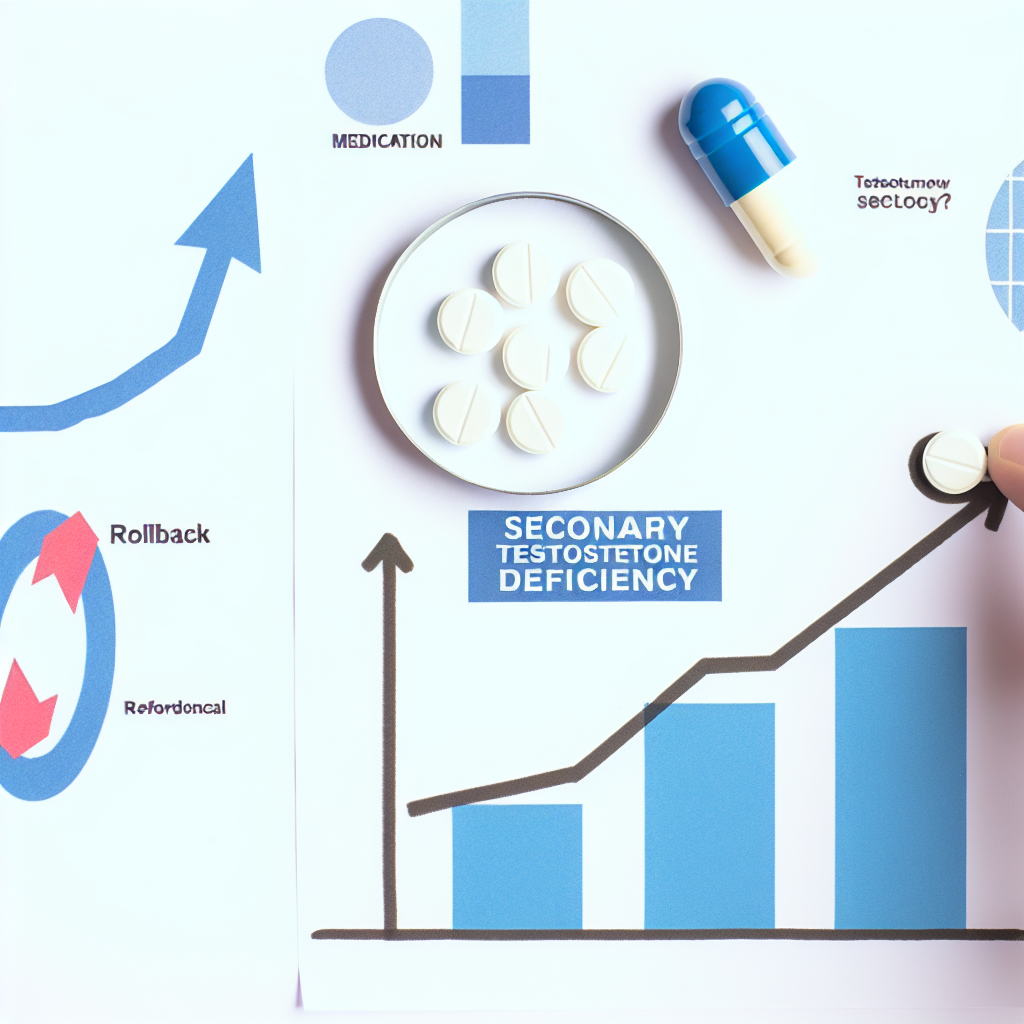Prostate Health Supplements: Research Data
Introduction: Why Prostate Health Matters
Prostate health is a significant concern for men across all age groups, particularly for those over 40. The prostate, a small gland located below the bladder, plays a crucial role in male reproductive health by producing seminal fluid. However, as men age, the prostate becomes more susceptible to conditions such as benign prostatic hyperplasia (BPH), prostatitis, and even prostate cancer. These issues can cause uncomfortable symptoms, including frequent urination, reduced urinary flow, pelvic pain, and sexual dysfunction.
Millions of men in the U.S. seek ways to maintain prostate health and prevent these complications. While regular check-ups and a healthy lifestyle are essential, many turn to dietary supplements believed to support prostate function. Supplements containing ingredients like saw palmetto, beta-sitosterol, zinc, pygeum, stinging nettle, and lycopene have gained popularity for their potential benefits in promoting prostate health.
However, not all prostate health supplements are created equal, and their effectiveness remains a topic of scientific investigation. Some supplements show promising results in clinical trials, while others are supported only by anecdotal evidence. The lack of FDA regulation for most supplements means varying levels of efficacy and safety, making it critical for consumers to rely on well-supported research when considering prostate health supplements.
This article explores the latest research on prostate health supplements, analyzing scientific studies, expert opinions, and emerging data. Whether you’re a young adult looking to prevent future prostate issues or a senior managing an existing condition, understanding the effectiveness of these supplements can help you make informed decisions about your health.
Scientific Research on Prostate Health Supplements
When evaluating the effectiveness of prostate health supplements, it is essential to examine professional medical studies and clinical trials. Below are some of the most researched ingredients found in prostate supplements, along with supporting studies.
1. Saw Palmetto: A Popular but Controversial Remedy
Saw palmetto (*Serenoa repens*) is one of the most widely studied supplements for prostate health. A meta-analysis published in the journal Cochrane Database of Systematic Reviews examined 27 clinical trials involving over 3,000 men with benign prostatic hyperplasia (BPH). The results were inconclusive, with some studies showing slight improvement in urinary symptoms while others found no significant difference compared to a placebo. However, other research suggests that saw palmetto may help reduce prostate inflammation and lower levels of dihydrotestosterone (DHT), a hormone linked to prostate enlargement.
2. Beta-Sitosterol: A Plant Compound for Urinary Support
Beta-sitosterol is a plant-based compound extensively researched for its effects on urinary function in men with BPH. A 1999 study published in The Lancet reviewed randomized trials on beta-sitosterol and found that men who took the supplement experienced significant improvements in urinary flow rate and reduced residual urine volume. Beta-sitosterol has also been shown to help alleviate symptoms associated with an enlarged prostate, making it one of the more effective supplement ingredients.
3. Lycopene: The Antioxidant Advantage for Prostate Health
Lycopene, the antioxidant found in tomatoes, has been linked to a reduced risk of prostate enlargement and cancer. A study published in Cancer Epidemiology, Biomarkers & Prevention found that men consuming a high-lycopene diet had a lower risk of prostate cancer progression. Other research suggests that lycopene supplementation may help reduce oxidative stress and inflammation in the prostate, contributing to better overall prostate health.
4. Pygeum: Traditional African Remedy with Modern Benefits
Pygeum is an herbal extract derived from the bark of the African cherry tree, traditionally used for urinary health. A review published in Cochrane Database of Systematic Reviews analyzed several clinical trials on pygeum and found that it may help reduce nocturia (frequent nighttime urination) and improve urinary flow. While results are promising, more large-scale trials are needed to confirm its long-term efficacy.
5. Zinc: A Crucial Mineral for Prostate Function
Zinc plays a critical role in prostate function, as the prostate contains one of the highest concentrations of zinc in the body. A 2011 study in Molecular Nutrition & Food Research indicated that zinc deficiency could contribute to prostate dysfunction and increase the risk of cancerous growths. Zinc supplementation has been suggested to support immune function, reduce prostate inflammation, and improve overall prostate health.
6. Stinging Nettle: A Natural Solution for BPH Symptoms
Stinging nettle root extract is often used in conjunction with saw palmetto for managing BPH symptoms. A 2005 study published in The Journal of Herbal Pharmacotherapy found that men taking stinging nettle supplements experienced noticeable improvements in urinary flow and reduced prostate size compared to a control group. Though more research is needed, stinging nettle is considered a promising natural remedy for prostate health.
Conclusion: Making Informed Decisions About Prostate Health
The growing interest in prostate health supplements reflects a widespread concern among men of all ages. While some supplements, such as beta-sitosterol, saw palmetto, and pygeum, have shown potential benefits in clinical studies, others lack consistent scientific backing. Choosing the right supplement requires careful consideration of available research, personal health conditions, and professional medical advice.
Men seeking to maintain prostate health should not rely solely on supplementation but should also practice preventative measures such as maintaining a balanced diet, engaging in regular exercise, avoiding excessive alcohol consumption, and scheduling routine prostate screenings, especially after age 40.
Before starting any supplement regimen, it’s advisable to consult with a healthcare professional to ensure safety and compatibility with existing health conditions. While the research on prostate health supplements continues to evolve, staying informed can help men make proactive decisions that support long-term well-being.
References
1. Cochrane Database of Systematic Reviews. (2012). Saw Palmetto for Benign Prostatic Hyperplasia (BPH).
2. The Lancet. (1999). Beta-Sitosterol and Urinary Symptoms in BPH.
3. Cancer Epidemiology, Biomarkers & Prevention. (2002). Lycopene and Prostate Cancer Risk Reduction.
4. Molecular Nutrition & Food Research. (2011). Zinc and Prostate Health: An Overview.
5. Journal of Herbal Pharmacotherapy. (2005). Effects of Stinging Nettle on BPH Symptoms.
Summary:
This article explores the latest research on prostate health supplements, including ingredients like saw palmetto, beta-sitosterol, lycopene, pygeum, zinc, and stinging nettle. While some supplements show potential benefits in clinical studies, others lack consistent scientific backing. The article emphasizes the importance of consulting healthcare professionals and making informed decisions when considering prostate health supplements, alongside adopting a healthy lifestyle and routine prostate screenings.

Dominic E. is a passionate filmmaker navigating the exciting intersection of art and science. By day, he delves into the complexities of the human body as a full-time medical writer, meticulously translating intricate medical concepts into accessible and engaging narratives. By night, he explores the boundless realm of cinematic storytelling, crafting narratives that evoke emotion and challenge perspectives. Film Student and Full-time Medical Writer for ContentVendor.com




